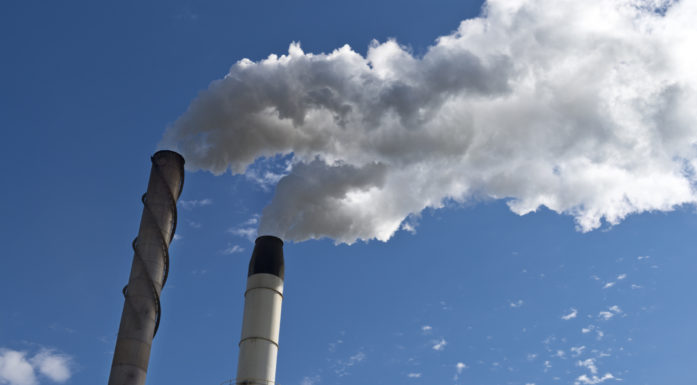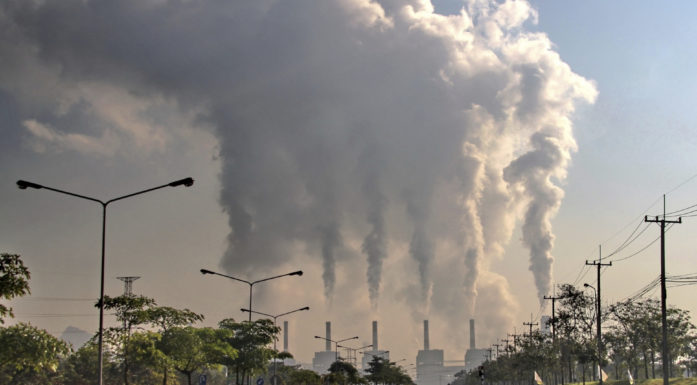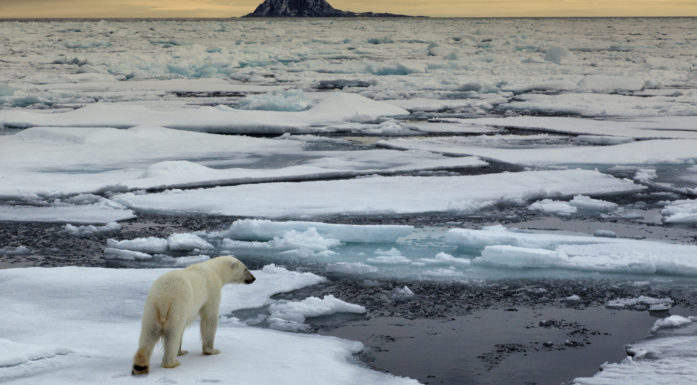Need for a pan-European CO2 storage site in the North Sea
Norway has a particular vested interest and responsibility to develop CO2 capture and storage (CCS), believes Nils A. Røkke. Without CCS, the world will be unable to achieve the aim of limiting the global temperature increase to two degrees, says SINTEF’s Director of Climate Technology Research.
Norway has a particular vested interest and responsibility to develop CO2 capture and storage (CCS), believes Nils A. Røkke. Without CCS, the world will be unable to achieve the aim of limiting the global temperature increase to two degrees, says SINTEF’s Director of Climate Technology Research.
Røkke wants the state to adopt a more proactive policy. Among other measures, he would like to see Norway taking the initiative to develop a major pan-European CO2 storage site in the North Sea:
“The state cannot stand by and wait passively for industry to do something. Norway has extremely good potential to be proactive in the question of CCS. We have both expertise and the relevant industries, as well as the best geological ‘CO2 sponge’ in the world (Utsira formation). If Norway doesn’t grasp this opportunity, we will be at risk of losing potential industrial development in this field. And even more important; we cannot manage without carbon capture and storage if we are to prevent the Earth from heating up by much more than two degrees,” says Røkke.
Political pause for thought
However, the Norwegian government gave itself a pause for thought after the full-scale CCS plant at Mongstad was cancelled in autumn 2013. A competition to study a potential CCS system at other major emission points than Mongstad was also cancelled. The new government wanted first to draw up a new CCS strategy, and this was presented in connection with the national budget for 2015, but was largely limited to continuing existing measures. The government repeated its objective, already set out at the Climate Agreement, of building a full-scale CCS facility by 2020, and also opened up the possibility of making a financial contribution to such a plant in another European Union country. The most likely sites are the ROAD project at a coal-fired generator in Rotterdam, which is scheduled to come into operation in 2017 or Peterhead, a gas fired power plant in Scotland. The establishment of a major CO2 storage site in the North Sea appeared well down on the list, at least for the time being. The government will wait to invest in CO2 storage sites since so few CCS projects are being launched in Europe, says its strategy note. A recent summary of the full scale CCS feasibility study undertaken by the state owned Gassnova points towards industrial emissions- NORCEM and Yara. It will be interesting to see the full report and it is somewhat surprising that the large emissions from Norway’s petroleum industry seems not covered by this study.
We can’t do without
“The reason that we are so concerned about CCS is that we don’t see how we can manage without it, if we are to avoid the climate running out of control,” says Røkke.
Now he is hoping to see a proactive long-term strategy for CCS when the next national budget is presented in October.
“Although we perceive a considerable and positive rise in renewable energy generation all over the world, 80 per cent of global primary energy production is still fossil-based. It will take time to replace this energy with renewable sources. In some sectors such as cement and steel, CO2 is an inevitable process emission, so CCS is the only solution,” adds Røkke.
The UN’s Intergovernmental Panel on Climate Change also concludes that CCS on a large scale will be essential if we aim to cut emissions sufficiently until 2050 and 2100. Most of the scenarios evaluated by the Panel in its latest report in 2014 show that technologies that can remove CO2 from the atmosphere will also be needed. This could be done through large-scale tree-planting, or by the use of bioenergy combined with CCS. A bio-fuelled power station with CCS will capture and store biogenic CO2 , thereby removing it from the atmosphere and carbon cycle..
In Norway, NTNU and SINTEF play a leading role in national and European CCS research. Several national and international research programmes are led from Trondheim. NTNU has also been given responsibility for developing ECCSEL, a joint European infrastructure for CCS research.




